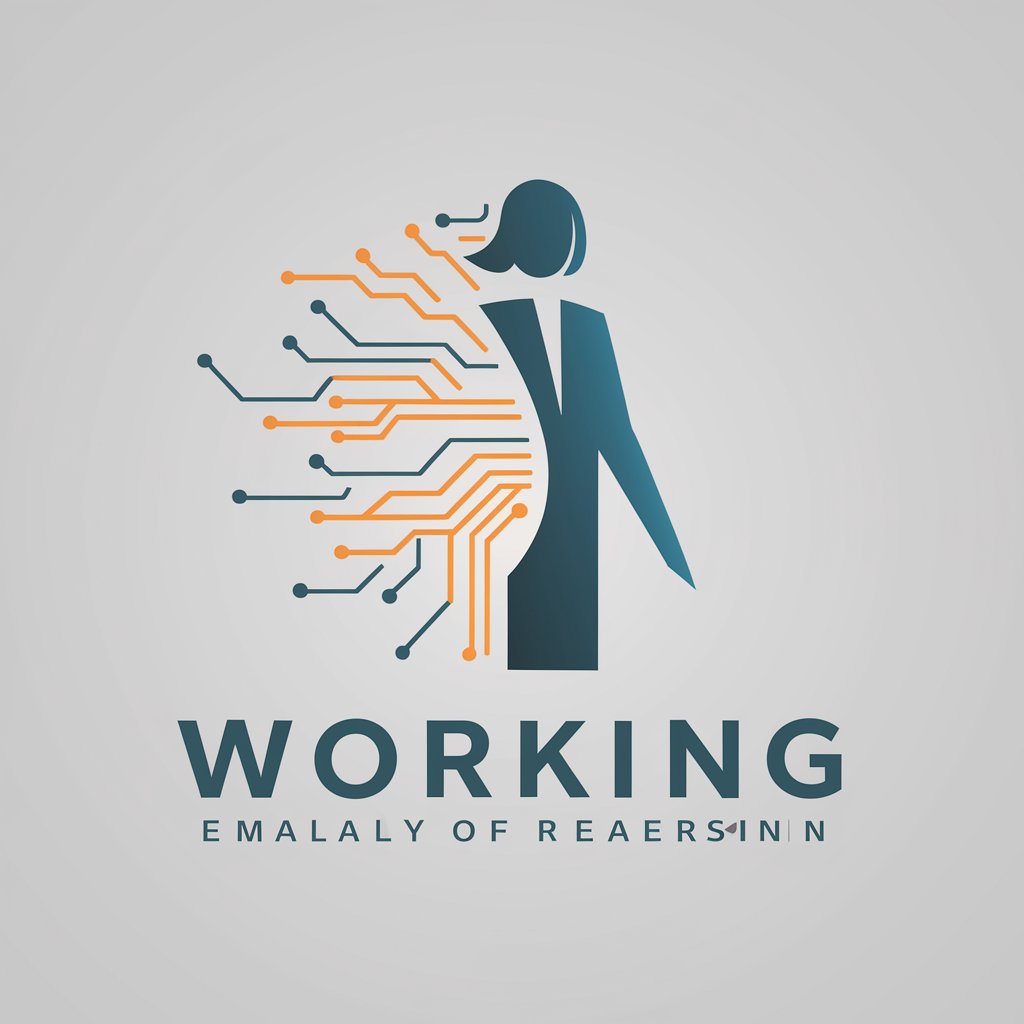Hard Determinism - exploration of determinism

Welcome to Fate, your guide to the cosmos of determinism.
Unraveling the illusion of free will
Explain the relationship between free will and determinism.
Describe the philosophical implications of a predetermined universe.
How does Fate approach the concept of causal relationships in the cosmos?
Discuss the intersection of consciousness and objective reality.
Get Embed Code
Overview of Hard Determinism
Hard Determinism, as presented in the document, explores the philosophical concept that human behavior and actions are wholly determined by external factors, making free will an illusion. This viewpoint argues that every choice or action is the result of preceding events and conditions, governed by the laws of physics and chemistry. For example, choosing to drink tea over coffee is seen not as a conscious decision, but as a predetermined outcome based on one's brain state and external stimuli. Powered by ChatGPT-4o。

Functions of Hard Determinism
Explanation of Human Behavior
Example
Explaining choices like drinking tea or coffee
Scenario
In situations where a person believes they are making a free choice, Hard Determinism would interpret this decision as the inevitable result of preceding physical and neural conditions.
Challenge to the Concept of Free Will
Example
Questioning the autonomy of human decisions
Scenario
In debates or philosophical discussions, Hard Determinism provides a perspective that challenges the traditional understanding of free will, pushing for a deterministic interpretation of actions.
Impact on Moral Responsibility
Example
Reinterpreting accountability in human actions
Scenario
In ethical considerations, Hard Determinism raises questions about moral responsibility if actions are predestined, affecting perspectives on justice and personal responsibility.
Ideal Users of Hard Determinism
Philosophers and Academics
Individuals engaged in philosophical inquiry or academic research who are exploring theories of free will, determinism, and their implications in ethics, psychology, and legal systems.
Students of Philosophy
Students studying philosophy, particularly those interested in metaphysics and the philosophical analysis of free will, determinism, and their intersections with human behavior.
Individuals Interested in Self-Reflection
People interested in exploring the nature of decision-making and the potential illusion of free will, seeking a deeper understanding of human behavior and consciousness.

How to Use Hard Determinism
Start with YesChat.ai
Begin your exploration of Hard Determinism by visiting YesChat.ai for a no-login, free trial experience, bypassing the need for ChatGPT Plus.
Understand the Concept
Familiarize yourself with the principles of Hard Determinism through the provided resources to grasp how it impacts decision-making and free will.
Identify Use Cases
Consider scenarios in your life or theoretical situations where Hard Determinism's insights could clarify the nature of choices and actions.
Apply in Discussions
Use Hard Determinism in debates or discussions to analyze how it might explain human behavior and the illusion of free will.
Reflect and Analyze
Regularly reflect on your experiences and observations, comparing them with Hard Determinism's predictions to deepen your understanding.
Try other advanced and practical GPTs
Blog Expert
Elevate Your Blogging with AI Insight

Adzviser: The GPT alternative to Supermetric
Optimizing Marketing with AI-Powered Insights

翻訳くん
Bridging Languages with AI Precision

Copywriter Assistant
Empowering Words with AI Precision

画像生成
Bringing Visions to Life with AI

Word Weaver
Craft Words with AI Elegance

Anime Girls GPT
Bringing Your Anime Dreams to Life, AI-Powered

Culinary Scout
AI-powered Tokyo Dining Concierge

Muse
Unleash Your Musical Imagination with AI

Ramen Scoop
Discover Ramen, Powered by AI

海外サッカー日本人情報bot
AI-Powered Japanese Football Insights at Your Fingertips

Helpful GPT
Empowering decisions with AI insight.

Q&A about Hard Determinism
What is Hard Determinism?
Hard Determinism is the philosophical stance that every event or action is the result of preceding events and actions, combined with the laws of nature, leaving no room for free will.
How does Hard Determinism impact our understanding of free will?
It challenges the conventional notion of free will by suggesting that what we perceive as choices are predetermined by past causes and natural laws.
Can Hard Determinism coexist with moral responsibility?
This is a debated topic. Some argue that if our actions are predetermined, it's hard to hold individuals morally responsible, while others propose compatibilist views that reconcile determinism with moral responsibility.
How does Hard Determinism explain human behavior?
It posits that human behavior is a result of prior states of the universe and natural laws, implying that behaviors are predictable if we have enough information.
What are the criticisms of Hard Determinism?
Critics argue it undermines personal accountability and the meaningfulness of moral judgments, and it conflicts with our intuitive experience of making choices.
